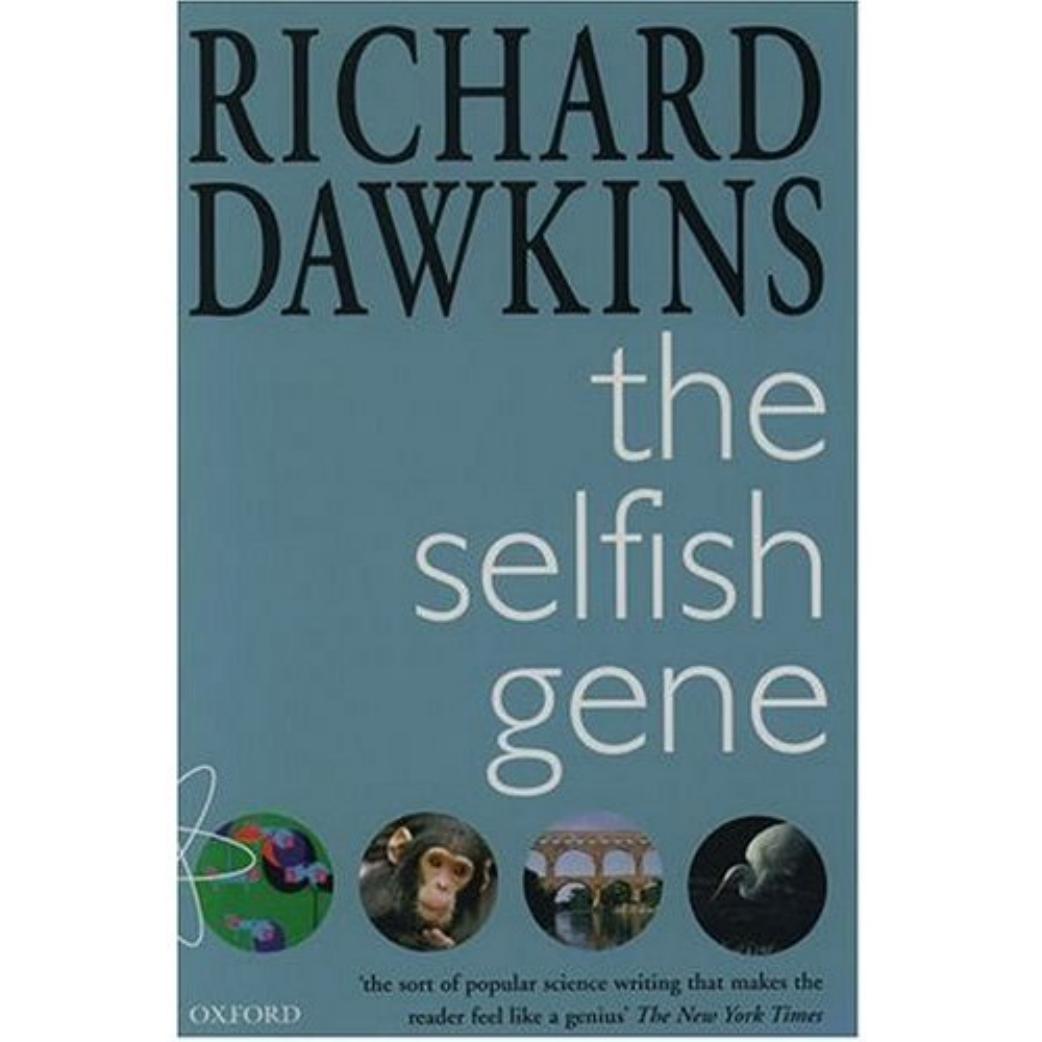The Selfish Gene by Richard Dawkins

Author:Richard Dawkins
Language: eng
Format: mobi, epub, azw3, pdf
Tags: Mathematics, General, Game Theory, Azizex666, Science
ISBN: 9780199291151
Publisher: Oxford University Press
Published: 1976-01-01T05:00:00+00:00
Battle of the sexes
If there is conflict of interest between parents and children, who share 50 per cent of each others' genes, how much more severe must be the conflict between mates, who are not related to each other? All that they have in common is a 50 per cent genetic shareholding in the same children. Since father and mother are both interested in the welfare of different halves of the same children, there may be some advantage for both of them in cooperating with each other in rearing those children. If one parent can get away with investing less than his or her fair share of costly resources in each child, however, he will be better off, since he will have more to spend on other children by other sexual partners, and so propagate more of his genes. Each partner can therefore be thought of as trying to exploit the other, trying to force the other one to invest more. Ideally, what an individual would 'like' (I don't mean physically enjoy, although he might) would be to copulate with as many members of the opposite sex as possible, leaving the partner in each case to bring up the children. As we shall see, this state of affairs is achieved by the males of a number of species, but in other species the males are obliged to share an equal part of the burden of bringing up children. This view of sexual partnership, as a relationship of mutual mistrust and mutual exploitation, has been stressed especially by Trivers. It is a comparatively new one to ethologists. We had usually thought of sexual behaviour, copulation, and the courtship that precedes it, as essentially a cooperative venture undertaken for mutual benefit, or even for the good of the species!
Let us go right back to first principles, and inquire into the fundamental nature of maleness and femaleness. In Chapter 3 we discussed sexuality without stressing its basic asymmetry. We simply accepted that some animals are called male, and others female, without asking what these words really meant. But what is the essence of maleness? What, at bottom, defines a female? We as mammals see the sexes defined by whole syndromes of characteristics-possession of a penis, bearing of the young, suckling by means of special milk glands, certain chromosomal features, and so on. These criteria for judging the sex of an individual are all very well for mammals but, for animals and plants generally, they are no more reliable than is the tendency to wear trousers as a criterion for judging human sex. In frogs, for instance, neither sex has a penis. Perhaps, then, the words male and female have no general meaning. They are, after all, only words, and if we do not find them helpful for describing frogs, we are quite at liberty to abandon them. We could arbitrarily divide frogs into Sex 1 and Sex 2 if we wished. However, there is one fundamental feature of the sexes which can be used to label males as males, and females as females, throughout animals and plants.
Download
The Selfish Gene by Richard Dawkins.epub
The Selfish Gene by Richard Dawkins.azw3
The Selfish Gene by Richard Dawkins.pdf
This site does not store any files on its server. We only index and link to content provided by other sites. Please contact the content providers to delete copyright contents if any and email us, we'll remove relevant links or contents immediately.
| Fossils | Game Theory |
| Genetics | Molecular Biology |
| Organic | Paleontology |
Sapiens: A Brief History of Humankind by Yuval Noah Harari(14389)
Sapiens by Yuval Noah Harari(5370)
Pale Blue Dot by Carl Sagan(5007)
Homo Deus: A Brief History of Tomorrow by Yuval Noah Harari(4918)
Livewired by David Eagleman(3772)
Origin Story: A Big History of Everything by David Christian(3692)
Brief Answers to the Big Questions by Stephen Hawking(3435)
Inferior by Angela Saini(3313)
Origin Story by David Christian(3201)
Signature in the Cell: DNA and the Evidence for Intelligent Design by Stephen C. Meyer(3138)
The Gene: An Intimate History by Siddhartha Mukherjee(3098)
The Evolution of Beauty by Richard O. Prum(2997)
Aliens by Jim Al-Khalili(2829)
How The Mind Works by Steven Pinker(2816)
A Short History of Nearly Everything by Bryson Bill(2698)
Sex at Dawn: The Prehistoric Origins of Modern Sexuality by Ryan Christopher(2529)
From Bacteria to Bach and Back by Daniel C. Dennett(2484)
Endless Forms Most Beautiful by Sean B. Carroll(2482)
Who We Are and How We Got Here by David Reich(2437)
